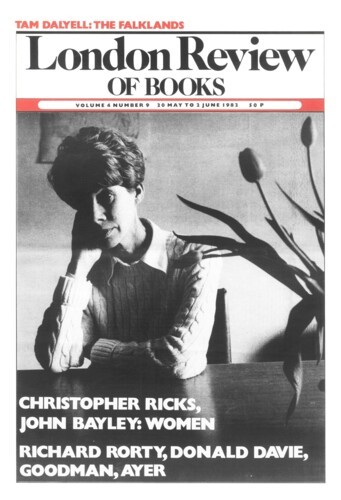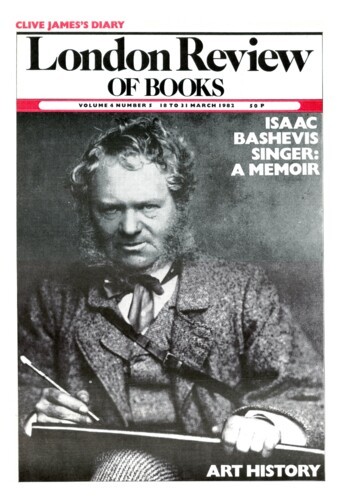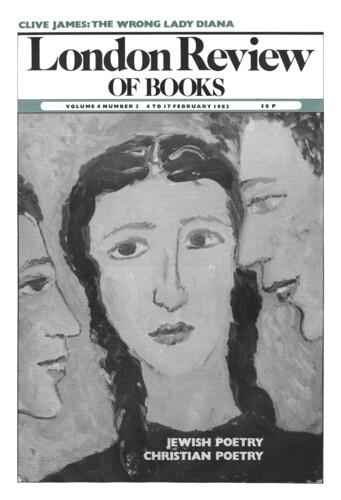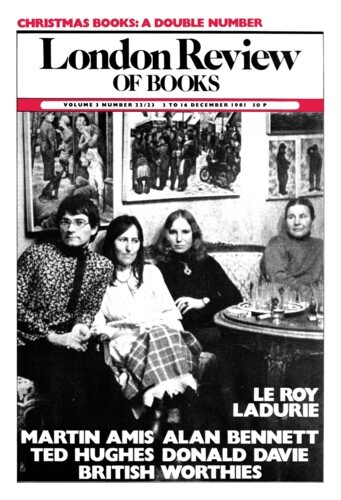Milan Kundera says of The Book of Laughter and Forgetting that ‘it is a novel about Tamina, and whenever Tamina is absent, it is a novel for Tamina.’ He says this in the novel, in which he himself appears and invents Tamina. Modern satirical fantasy, of which this is an exceptionally lively and thoughtful example, gives everyone the same fictional status: the author, his characters, historical figures, angels. Part of the game is to try to tell them apart and sort out illusion from reality. The novel contains seven stories with other stories dovetailed into them, and the stories meet in a dialectical encounter with history and theory. Theories of laughter and of blackbird populations occur, and yet there are no digressions. Everything is beautifully and amazingly in place. He also says ‘it is a novel about laughter and forgetting, about forgetting and Prague, about Prague and the angels.’ Dovetailed into the angels are the opposite, anti-angels: Kundera has double-meanings as well as dialectics in his province. The first of the two stories called ‘The Angels’ is about laughter, an Ionesco play, Paul Eluard, astrology and fear; and the bad and stupid characters end, in this story, by ascending to heaven. It’s not the puzzle of what this means that catches the attention, but the feat of holding the story together at all. One admires the tour de force of linking seriousness and nonsense, the high-speed cutting between them, the play element that lets fantasy have its head and the intelligence that controls it. The autonomy of such a story tends to put it beyond interpretation.
Milan Kundera says of The Book of Laughter and Forgetting that ‘it is a novel about Tamina, and whenever Tamina is absent, it is a novel for Tamina.’ He says this in the novel, in...





